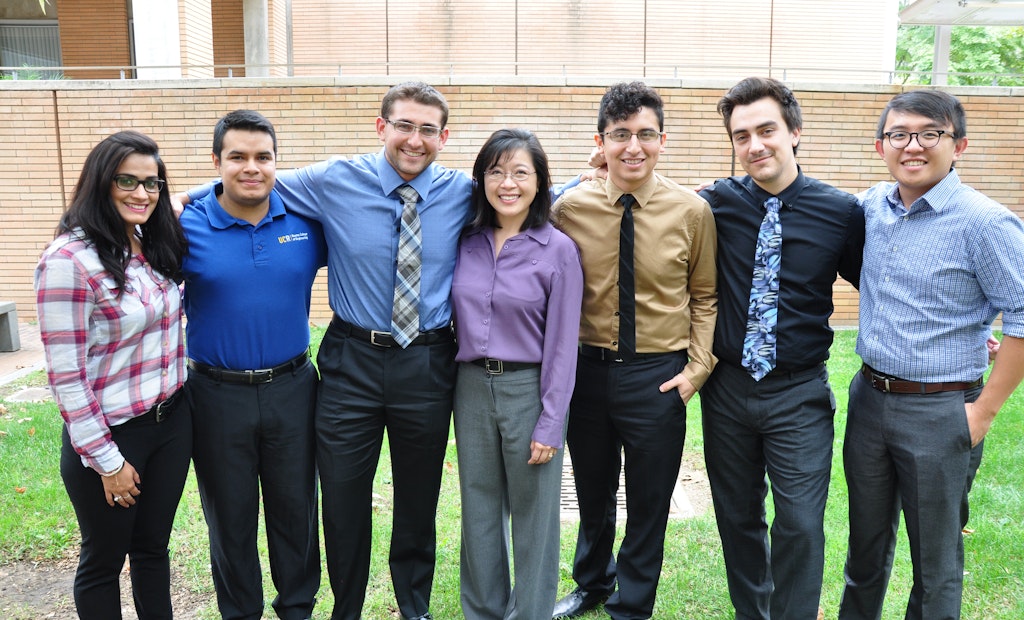
A team of students from the University of California, Riverside Bourns College of Engineering received a $15,000 grant from the Environmental Protection Agency for a reusable storm drain filter.
The key innovation is the calibrated indicator and filter system. The filter is...





